By Chelsey Drysdale
I read his memoir in two sittings, watched his prerecorded online class, took a cozy afternoon workshop he led, and savored a rainy-day lunch across from him, surrounded by mutual writer buddies. To close friends, he was my “literary crush.” Single for eight years, loneliness my unflinching shadow, at 43 I believed the swift jolt of infatuation was resigned to memories. I basked in this fresh fascination because it reminded me someone new could still light me up.
When I handed him his book to inscribe for my mom on his book tour, he buried his face in the title page with a sharpie.
What the hell is he writing to my mom? I thought.
“When are we going to do this again?” he asked.
Any time you want.
He said he and his wife had a guest room in their house if my friend and I ever wanted to visit.
That’s a wonderful and terrible idea, I thought.
At home, I opened the book and saw these words: “Donna: I have a secret literary crush on your daughter. Don’t tell her!”
***
I’d experienced chromosome-altering heartbreak, a sham six-month marriage, a gut-wrenching broken engagement, ill-timed encounters, and problematic flings. Scared of more loss, my subconscious demographic of choice is a man like him: a smart, creative father with a stellar sense of humor, tall, with dark hair, muscular but lean—and taken. Inaccessible men are the tantalizing cheese wedge poised on a trap. I wanted to know him, even if I couldn’t have him.
***
When I read the author’s inscription, my inner, dormant teenager emerged, ready to flourish on false potential. I danced around my studio, swinging my hips, snapping my fingers, singing a wordless, made-up tune.
I still got it, I thought.
I broke the words into meaningful segments, scavenging for crumbs on a trail to nowhere, nibbling tiny bites, wishing they’d provide nourishment. The word “secret” gave me chills; the word “literary” suggested he was a fan of my work; the word “crush” implied he felt a stirring in his belly when he saw me too; “don’t tell her” was wily because the message was for me.
I showed the dedication to a handful of girlfriends.
“Oh no he didn’t! Oh boy! Buckle up!” a fellow career single woman texted back.
“Oh, that’s adorable,” another friend said, having been a mistress.
“Dangerous,” my sister said, having been a wife.
His note propelled bawdy, unfulfilled fantasies for weeks—the perfect sidetrack to block any real chance for intimacy elsewhere.
***
While his memoir was a mesmerizing concerto, the author’s latest novel was wildly inventive. I read it inside three days, then devoured his other four with the same intensity. I starred words about the inevitability of isolation and relinquishing expectations about what life should be. I sat slumped on the hardwood floor sobbing for a boy ignored by his mother. I underlined phrases about truth and love at all costs. I shared my desolate bed with his tomes in an intimate act with no adverse consequences.
This is the kind of writer I want to be, I thought.
In recent years I’d been plowing through unending trepidation in a flurry, writing like a madwoman, angst cresting on publication days alongside rare pleasure. Before, I’d been consumed with an innate lack of conviction and debilitating fear of failure—the same lifelong anxiety that had led to unsolicited singledom and childlessness too.
After whittling an essay collection for three years, I was mystified by the ending. How was I supposed to finish a book about romantic love when I’d never retained it?
***
Motivated in part by increasing amorous reveries, the tug of creative kismet propelled me to email him.
“I’d be stoked to help you finish your essay collection,” he wrote. “Plus, I really dig that piece you published in WaPo. Double-plus, you have cool hair.”
“You had me at ‘you have cool hair,’” I replied.
We moved a racy tale from page 76 to page one, and we were off on a fruitful journey. Bonus: His editorial notes were delivered via video chat. On days we connected online, I awoke with childhood Christmas morning enthusiasm, ready to unwrap hidden treasures. I took extra time fixing my hair and makeup and made sure I didn’t wear the same shirt twice. I treated our cyber encounters like scholarly dates in an otherwise solitary existence.
During our meetings, I gazed at him on my laptop screen, admiring his handsome face and calming voice, relishing in his golden counsel. He read his favorite words of mine back to me in a measured tone that suggested they mean something. He said I wasn’t afraid to be “brazen.” He told me to “play up moral ambiguities” and be “fucking serrated.” My jaw dropped with recognition when he called three important men in my life a “triptych of superimposed happiness.” When I turned in a revision of chapter six, he said, “This is what Chelsey’s capable of. Every scene is dialed in.”
I floated two inches off the ground.
In eight weeks, we covered eight chapters. In the process, he became privy to private details and facilitated my emotional voyage on the page. All the while, my feelings for him grew stronger.
Is this like falling for your therapist? I wondered.
I addressed emails to the Book Whisperer, Fairy Godmentor, and Unicorn. Despite my fawning, he remained a professional, nonjudgmental friend. His book inscription proved to be an innocuous gesture. As a result, I adored him more.
Before our time was up, we mapped the rest of my manuscript, now a memoir.
I got choked up during our last online exchange.
“You don’t know how much this means to me,” I said.
“Are you going to make me cry on a Monday morning?”
“You’re a really special person.”
“We’re kindred spirits,” he said.
“That doesn’t happen very often,” I replied.
The absurdity is not lost on me the unattainable editor I chose to guide the unpacking of my love life is someone I wished, in an imaginary world of impeccable timing, played a starring role in it.
***
In the coming months, our contact was relegated to Instagram likes, retweets, and the occasional email. I felt special when he wrote, “Wanna hear a secret?” and told me about a book deal he wouldn’t announce for another four months.
When I was in San Francisco, he commented on an Instagram photo, “Maybe we can see each other this weekend!”
When we realized I was flying out as he was flying in, he emailed, “We’re like ships in the night.”
Months later, I finally hit him up for the coffee get-together he’d promised more than once. He suggested walking around the lake by his house. We hadn’t seen each other in person since the Festival of Books before our video chats. There we’d walked side-by-side to his signing booth, our arms draped across each other’s lower backs. I felt unanticipated electricity shoot through my hands.
Even so, I sensed a demarcation that protected the commitment he had for his precious family unit. I respected it. Yet, driven by curiosity and what I considered an extraordinary connection, I tested it anyway.
At the lake, alone for the first time, he gave me a stiff side-hug. Then we strolled the circular three miles slowly, discussing his recent career feats and the material I added to my manuscript post-mentorship. I told him an acquaintance’s recent seedy encounter I thought might work in his fiction. We laughed and locked eyes when he cracked a dirty joke.
At an opportune moment, I broached the topic I’d been stewing about for months: this essay. He hadn’t read it yet, but knew it existed. He’d emailed, “I utterly trust your talent and conscience. We are pals, and don’t worry…”
I didn’t think it was possible to feel this way about someone again, I told him at the lake.
“Then I met you,” I said.
He was quiet, staring at the ground as we walked.
“Meeting you gave me hope it’s still possible to meet someone else,” I said. “I realized I’m not dead inside after all.”
He laughed. “I’m glad I make you feel not dead inside!”
He asked if he could read the essay.
“Of course!” I said. “I want your approval. I’m terrified.”
He stopped to use a nearby restroom. Then I changed the subject.
After we finished circumnavigating the lake, I asked, “Do you have time for lunch?”
A knot formed in my throat, a familiar feeling of short-lived excitement giving way to unrelenting seclusion.
He declined and hugged me goodbye. When he pulled away, my hands slid down the arms of his black leather jacket, a natural motion meant to lead to the intertwining of fingers. He tensed. I froze and awkwardly gripped his forearms instead. Then he left.
When I think about men from my past, I envision a man-shaped cartoon-cutout in a brick wall where they’ve each leapt to a hasty escape, as if my gift is making men disappear, when really my brand of magic is orchestrating ludicrous, unworkable scenarios to set myself up to be snubbed as a way to reinforce the false notion I’ve long suspected: I’m not lovable.
This felt like that.
Back at my computer, I sent the author an earlier version of this piece. He’d made me feel safe. After I hit send, I no longer did. Now I risked feeling rejected as a person and a writer. I lost sleep.
***
After our last video chat, I stared at a blinking cursor, with six more chapters to rewrite. I panicked.
I can’t finish this book without him, I thought.
But I forced myself to trudge forward. I wrote as if he would still read what came out of me, his closing remarks echoing in my head: “I’ll be in the front row when you publish this book. Keep going keep going keep going…”
I began to trust my instincts as I tried to make sense of my past. Glimpsing my empty studio apartment, absent of all the men I’ve worshipped, I finally understood what it meant to be my own advocate. Succinct sentences were tiny miracles. Exploring secret scenes was freeing. The author no longer needed to commend my creation for me to see it was working. For the next two months, I wrote with an uncharacteristic determination and finished my manuscript.
But intrepid writers stumble eventually. A year later, when all publishing progress had stalled, and the author had read this essay without comment, whatever creative energy I’d tapped into ceased. I couldn’t write, and I began to question whether publishing my memoir was worth the agony of upsetting its unsuspecting participants.
I’ve dedicated much of my adult life to seeking validation through the sultry eyes of lovers gazing back at me. When I write, I substantiate myself instead. While the soft glow from my computer screen is no substitute for eye-to-eye moments shared with another human being, a self-directed liaison with words incites a confidence I’d only expected to have as a result of being one half of a duo. Conversely, when I don’t write, my self-esteem plummets, and my monkey brain goes into overdrive: You’re not good enough. You’re alone because no one loves you. Give up.
After months of immobility, I heeded the author’s earlier advice to finish this essay: “Get out of your own way. There’s no reason not to write more.”
***
I rebroke my heart to have an unforeseen love affair, not with a man, but with my manuscript. Publishing my memoir has to be worth it. Self-sabotage is a death knell, and writing is the road to contentment over which I have control. I can’t send a shout-out to my nonexistent husband for his undying support. I am unable to thank my unborn children for showing me the true nature of devotion. I can, however, render self-awareness my superhero trait. I will never be a mother, and I may never be a wife again, but I have become a brave artist.
If I ever fall in love again with an unattached man, I’m sure it will be a direct result of living an authentic authorial life, building my self-worth without another person’s adoration. Even on the bleakest days, as I work toward publication, I return to the same thought: Someday I will create the life I’ve always wanted, and I will deserve it.
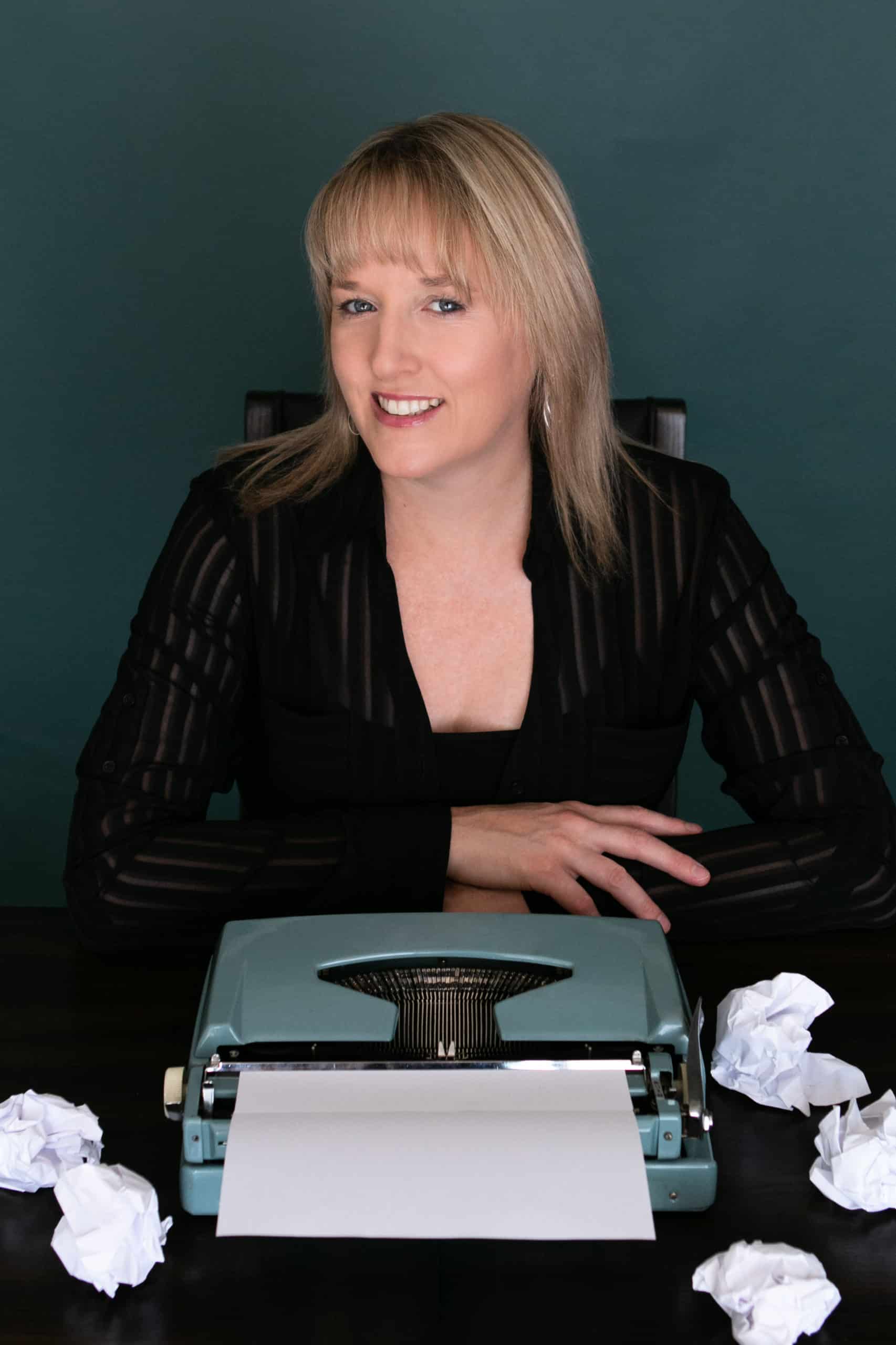
Chelsey Drysdale’s essays have appeared in The Washington Post, The Manifest-Station, Bustle, Brevity, Ravishly, Green Briar Review, Black Fox Literary Magazine, Luna Luna Magazine, Reservoir Journal, Book Lovers: Sexy Stories from Under the Covers, and other international publications. She is a Best of the Net Anthology nominee and has been twice nominated for the Pushcart Prize.
Anti-racist resources, because silence is not an option.
~~~~~~~~~~~~~~~~~~~~
Upcoming events with Jen
~~~~~~~~~~~~~~~~~~~~
THE ALEKSANDER SCHOLARSHIP FUND



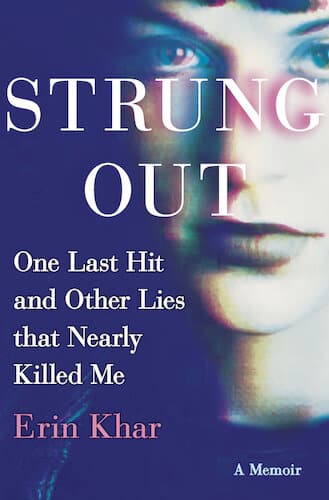
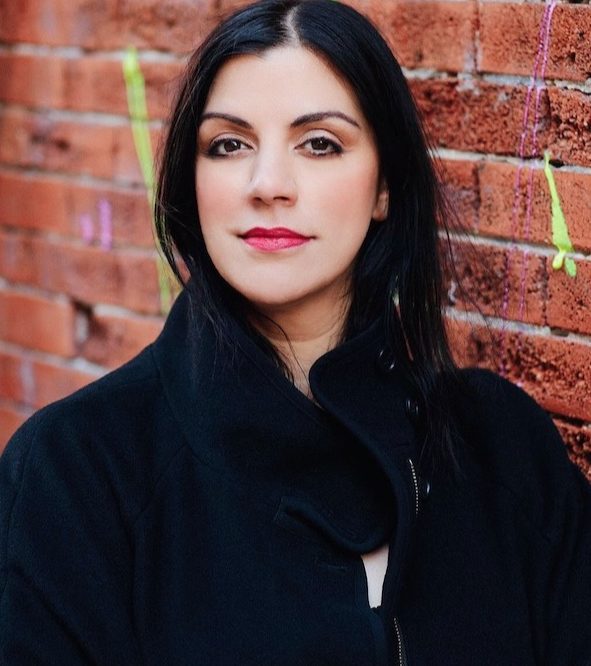
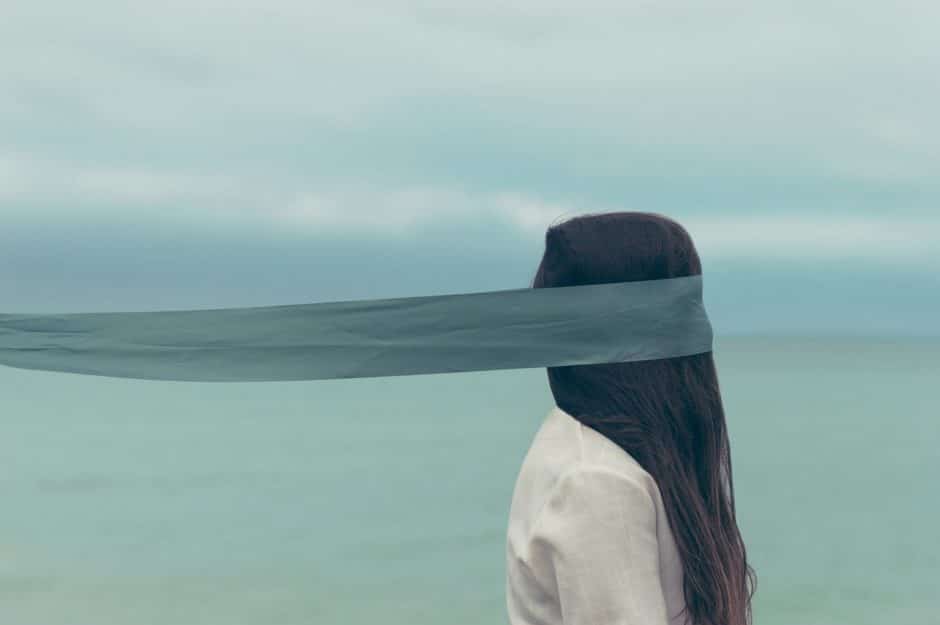

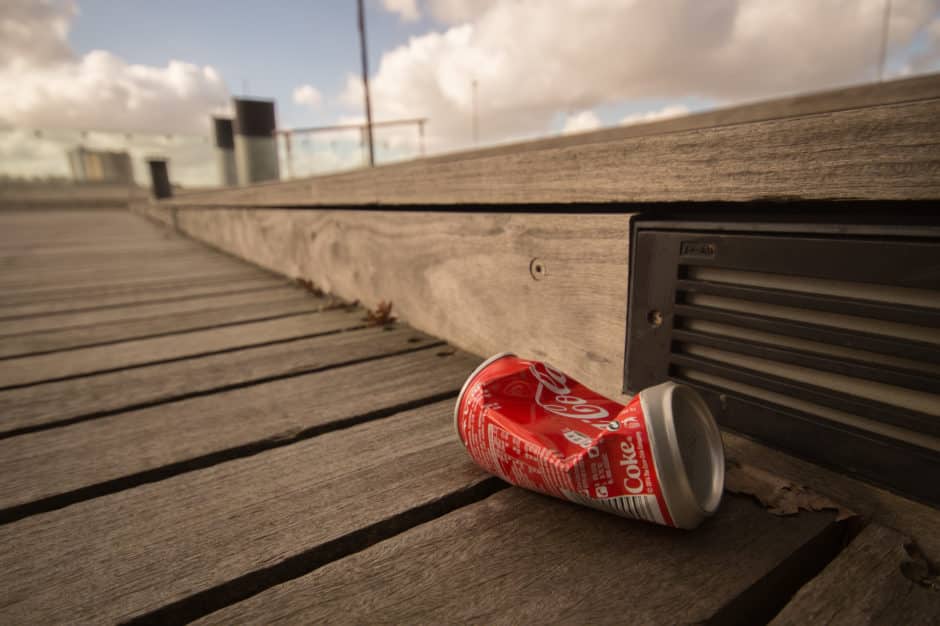
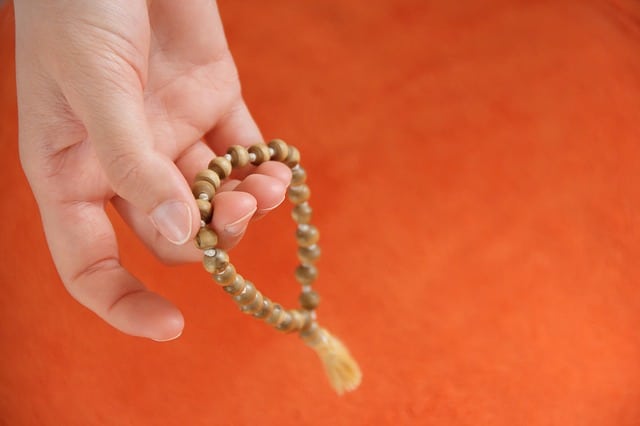


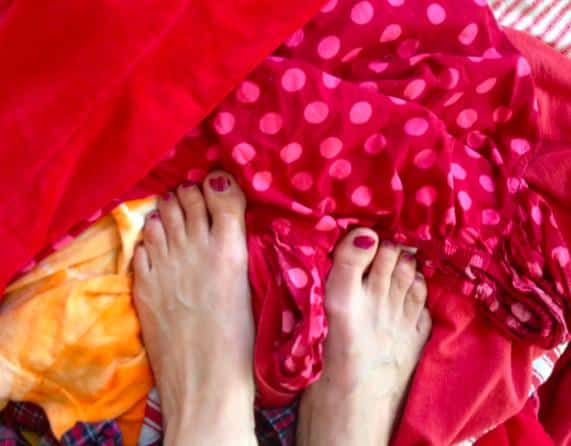
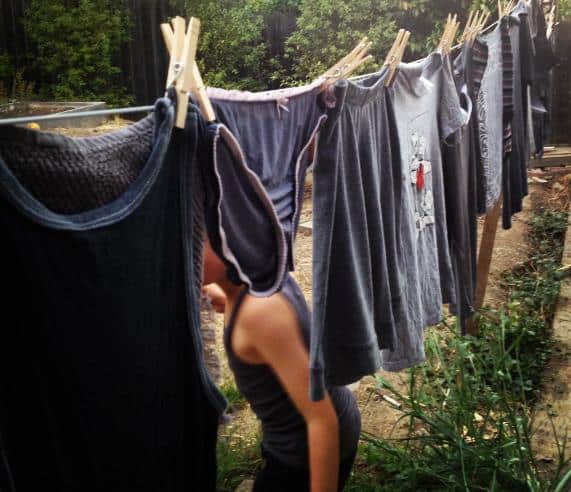 imaginary creatures with the ability to fly and heal. They had healing, escaping death even, on their minds. They painted in acrylics on the walls of their bedrooms. (Yes, I said it was okay!)
imaginary creatures with the ability to fly and heal. They had healing, escaping death even, on their minds. They painted in acrylics on the walls of their bedrooms. (Yes, I said it was okay!)